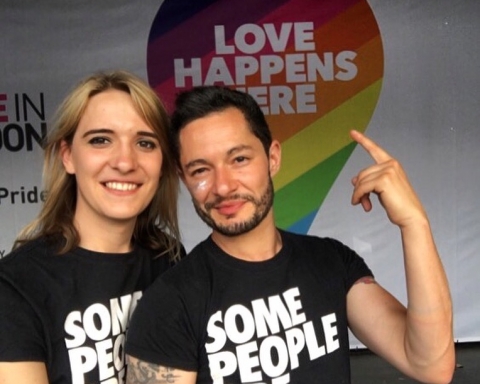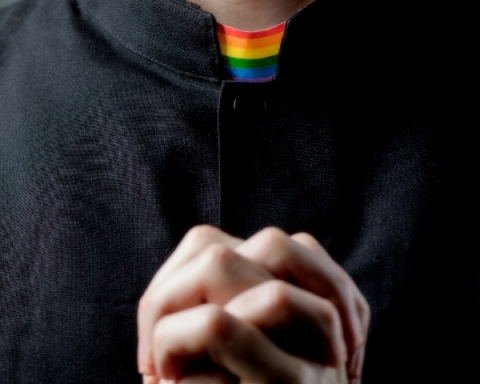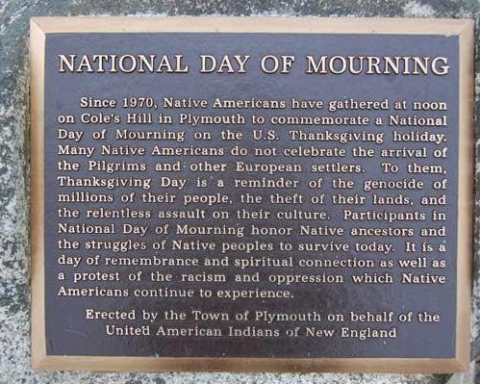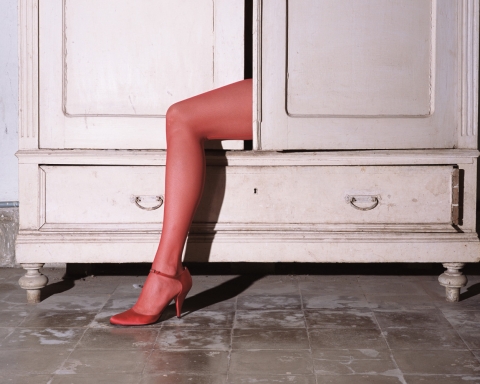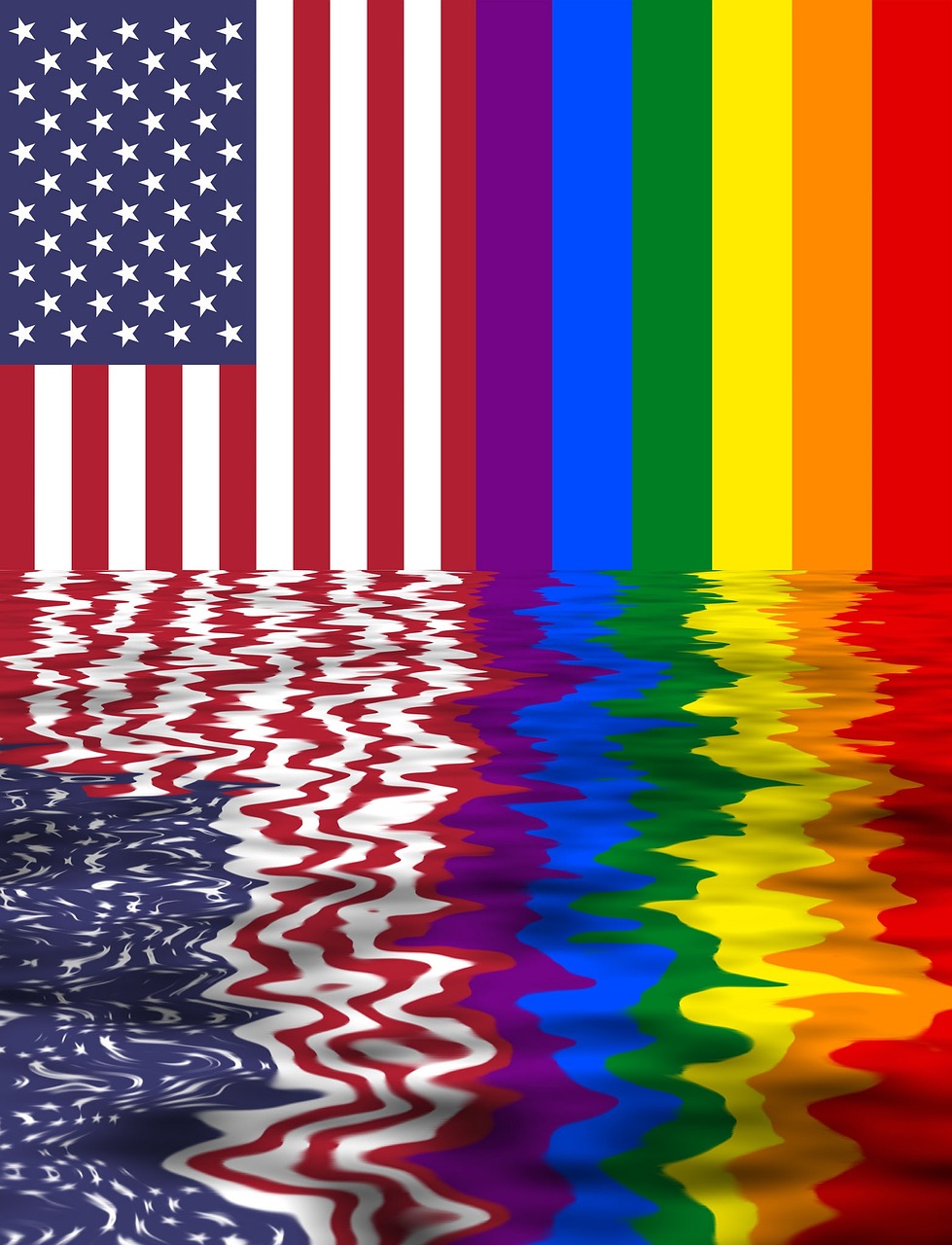It’s that time of year again—the season when LGBTQ+ people are called upon to identify themselves to the masses. National Coming Out Day, October 11th, has just passed. In addition, the entire month has been dedicated to leaving the closet behind. Ever since I recognized my own queerness, I’ve felt uncomfortable on NCOD. But to be fair, it’s an event with a history we can all be proud of.
The concept of “coming out” dates back to the 1800s, when early German advocates like Karl Heinrich Ulrichs and Magnus Hirschfeld promoted self-disclosure as a means of working towards equity for gay and lesbian people. They recognized that the stigma surrounding homosexuality depended on a lack of visibility, and viewed self-disclosure as an antidote.
Almost a century later in the 1980s, NCOD was created by Robert Eichberg, an activist who chose October 11th because it was the anniversary of the Second National March on Washington for Lesbian and Gay Rights. At the time, Ronald Reagan was pretty much ignoring the AIDS crisis, and the Supreme Court had just upheld a law that rendered sodomy illegal. The queer community urgently needed visibility—hence the march on Washington, which drew an estimate of 200,000 people.
The demonstration and subsequent honorary day served an important purpose back in the ‘80s. But is a whole month dedicated to coming out the kind of visibility our community needs in 2017? No doubt there’s tons of work to be done to counter queerphobia, but I don’t think the problem is invisibility. People know we exist—and they still doubt us, feel uncomfortable around us, want us to go away.
Like a lot of people, my orientation doesn’t fit into a single word, or even a few sentences. It’s something that resists explanation, even to me as I experience it day to day. So the prospect of trying to explain myself via a Facebook status is really unappealing. I’ll be the first to admit that I’m scared of getting pigeonholed and stereotyped. And I’m also just indignant that this is something I’m expected to do while straight people get to go about their lives romancing the opposite gender without anyone batting an eyelash.
These are just the qualms of a white, able-bodied, and class privileged queer person. Worse issues, such as LGBTQ+ homelessness, are still pervasive—queer youth are regularly rejected by their families and forced out of their homes because of their identities. Once homeless, they often face discrimination in the attempt to find housing. The epidemic of murder targeting trans people, particularly trans femmes of color, shows no sign of slowing down. HIV/AIDS criminalization continues. The list goes on.
I have so much respect for people who choose to come out and tell their stories. I also know that when individuals speak their truth it has beautiful consequences. It contributes to the process of normalizing queerness in our culture, and I’m grateful for each new celebrity and Facebook friend who shares their identity with the public.
But the act of coming out comes with serious risks, ranging from bullying and discrimination to violence. And although I admire the activism that led to NCOD, I agree with Preston Mitchum, who wrote in a viral article for the Atlantic that “the last thing a closeted LGBT individual needs, faced with a hostile social environment, is to feel like those individuals most accepting of his or her identity won’t support him or her unless that identity is publicly proclaimed.”
Ultimately, I think what makes me most uncomfortable with NCOD is that it reinforces the idea that queerness isn’t normal. It suggests that it’s mandatory to out oneself to the public, in the hope that people will start to vote for representatives that support us, donate to causes that help us, and just, like, be nice to us.
Of course we need to advocate for our communities, but LGBTQ+ individuals shouldn’t be expected to put their mental health and/or safety on the line for some collective effort to let people know we exist. There are better ways to raise awareness of the problems in our communities, options that don’t directly endanger queer individuals.
Author: Clare McKinley


